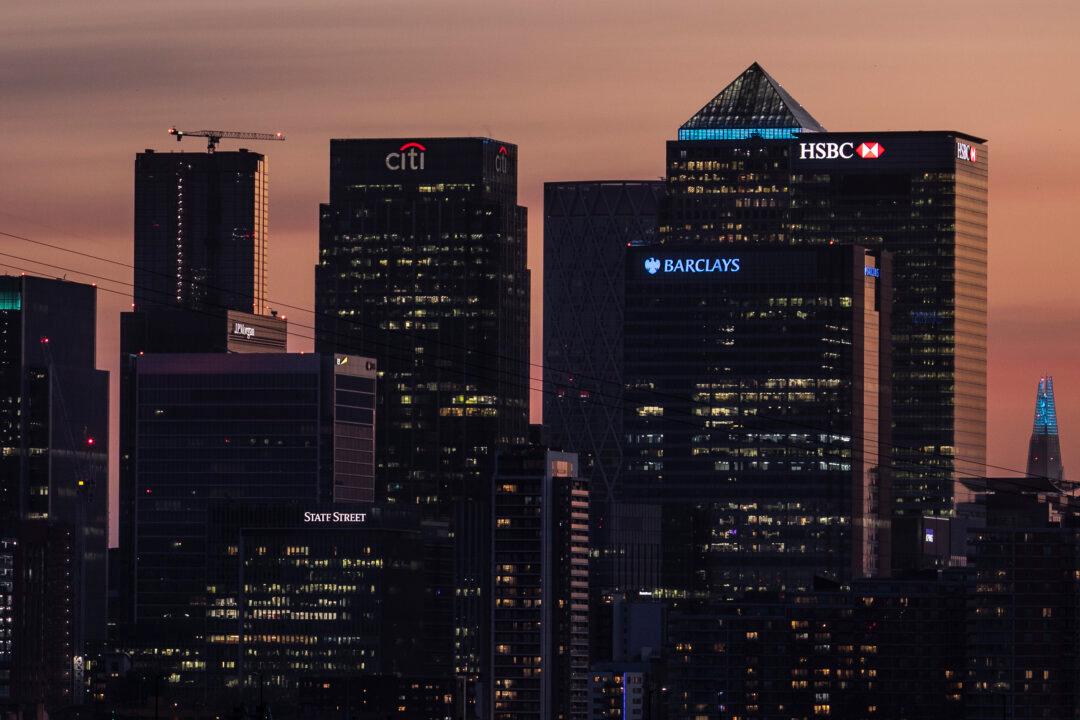The UK economy recorded a record fall of 20.4 percent between April and June, the largest contraction reported by any major economy so far during the CCP virus pandemic.
The dismal second quarter results follow a fall of 2.2 percent during the first quarter, plunging the UK into a technical recession, according to official figures released by the Office for National Statistics (ONS) on Wednesday.





